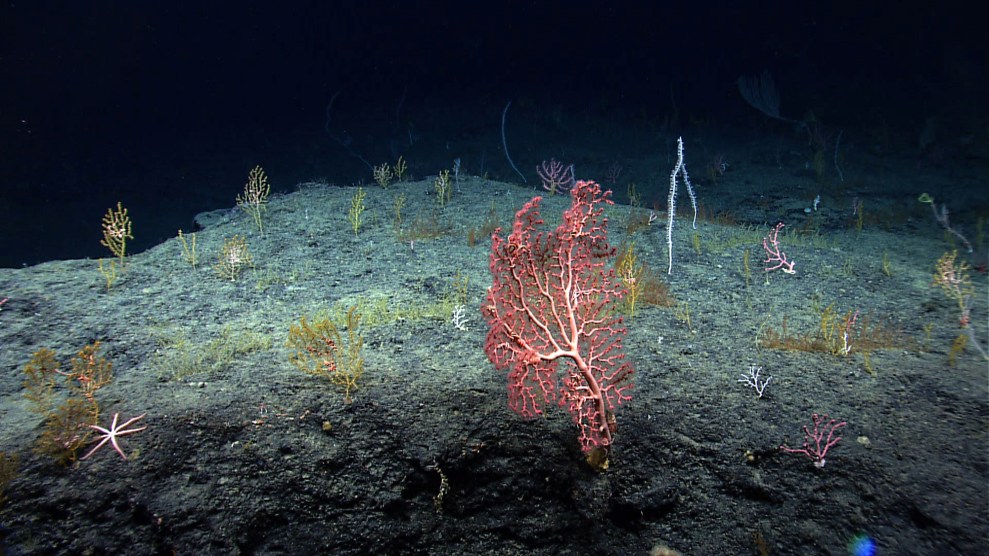There’s been much freaking out about a World Health Organization announcement (PDF) about the link between mobile phone use and cancer: The group now considers radiation from cell phones a possible carcinogen. Sounds scary, but what does it actually mean?
Over at BoingBoing, there’s a good post that explains why the WHO news isn’t really news at all. It doesn’t represent any new scientific findings; rather it basically tells us what we’ve known for a while: that while very limited evidence suggests there might be a connection between some brain tumors and radiation, there isn’t enough to say for sure that cell phone use causes cancer.
Frustrating though this may be, it’s par for the course for epidemiology. The fact of the matter is that proving causation is just really hard. Indeed, as the New York Times points out, other examples of “possibly carcinogenic” substances include some dry cleaning chemicals and pesticides, but also coffee and pickles.
Even the results of the Interphone project, the largest and most highly anticipated epidemiological study of cell phones and cancer to date, were maddeningly inconclusive when they came in last year. The researchers from the 13 participating countries did find that although very heavy cell phone users were about 40 percent more likely to develop glioma, but there were so many potentially confounding methodological issues that the ultimate conclusion was that cell phone use does not significantly increase cancer risk for the vast majority of people.
Unfortunately, all of this means we’re pretty much just as in-the-dark as we were about the subject when I was reporting on cell phones and radiation a few years back. And frustratingly, as I noted before, we probably won’t know more for at least a few years:
Finding subjects who have brain tumors and who have used their cell phones for more than 10 years is difficult, especially considering that the tumors typically take 10 to 20 years to develop. What’s more, people are notoriously bad at remembering how much they’ve used their phones and which ear they hold their cell phone up to—especially if they’re looking around for something to blame a brain tumor on.
In the meantime, does that mean that you’re all clear to sleep with your cell phone next to you on your pillow? Of course not; it just means that the researchers haven’t yet proven anything one way or the other. As a precaution, the WHO panel suggests you’d do well to limit talking time, especially for kids.















